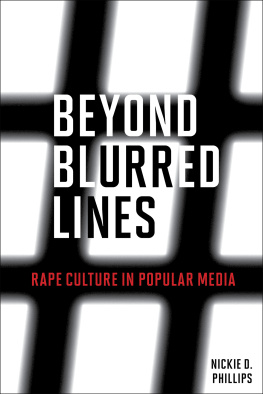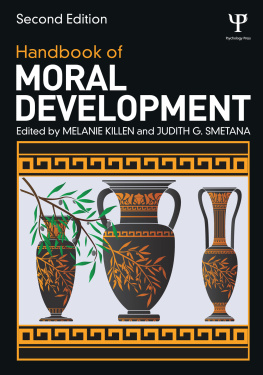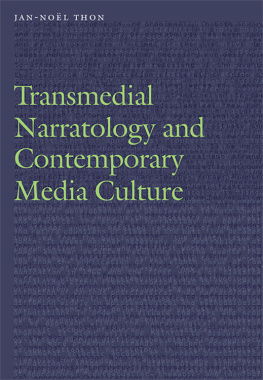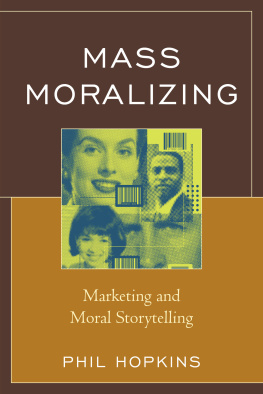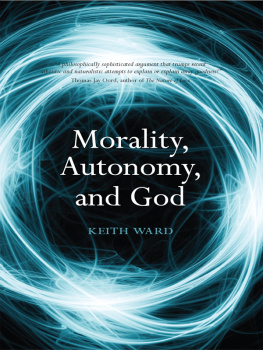
Media, Culture and Morality
Major and terrible events are happening in the world. They are daily reported in the media and yet most people seem to remain unmoved and uncaring. Are the media themselves responsible for this lack of care? Meanwhile, thanks to the emergence and popularity of cultural studies, the media are being studied as never before. But why is that study so often trivial and lacking in moral seriousness? Is the discipline of cultural studies part of the problem rather than, as it would have us believe, the answer? This book poses these questions and encourages reflection on why, for example, advertisements for coffee inspire more discussion than do famines. The book takes aim at the empty heart of cultural studies and argues that the study of the media can only be culturally valuable and morally worthwhile if it remembers the lessons taught by sociology. This is an accessible and controversial book which is bound to inspire debate amongst students and commentators on the media.
Keith Tester is Senior Lecturer, in the School of Social and Historical Studies, University of Portsmouth.
Media, Culture and Morality
Keith Tester
First published 1994
by Routledge
Published 2013 by Routledge
2 Park Square, Milton Park, Abingdon, Oxon OX14 4RN
Simultaneously published in the USA and Canada
by Routledge
711 Third Avenue, New York, NY 10017
Routledge is an imprint of the Taylor & Francis Group, an informa business
1994 Keith Tester
Typeset in Times by LaserScript, Mitcham, Surrey
All rights reserved. No part of this book may be reprinted or reproduced or utilized in any form or by any electronic, mechanical, or other means, now known or hereafter invented, including photocopying and recording, or in any information storage or retrieval system, without permission in writing from the publishers.
British Library Cataloguing in Publication Data
A catalogue record for this book is available from the British Library.
Library of Congress Cataloging in Publication Data has been applied for.
ISBN 13: 978-0-415-09836-6 (pbk)
One was, after all, far from wanting to dodge the consequences of having been set down in life under the obligation of admiring this And this transition from finding the things of the world old to finding them beautiful is about the same as that from young peoples outlook to the higher moral view-point of adults, which goes on being a ridiculous piece of didacticism until some day, suddenly, one has it oneself.
(Robert Musil)
This book arises out of a sense of incomprehension. The incomprehension runs two ways and revolves around my occupation as a lecturer in sociology and cultural studies. Basically, I do not understand the cultural interests and values of my students and I get the distinct impression that they do not understand mine. We like different things; all we have in common appears to be a dislike of what each other does like. However, this incomprehension is not an entirely personal issue. It represents a more general series of problems and processes which concern the very nature and possibility of the intellectual enterprise of the reflection on culture.
This book is an essay which attempts to unravel and explore some of the reasons for the mutual incomprehension. The book is meant for two main audiences. Firstly, for those who are confused and bewildered like me. I would like to think that this book can offer a little something by way of a support system for the culturally bemused. Secondly, and much more importantly, I intend this book to be read by students in sociology and cultural studies. I would like these students to read this book and, in so doing, spend a little time reflecting for themselves on why they like and dislike what they like and dislike. Of course, I am not at all saying that everyone has to uphold the same values as me, but I think it is extremely important that we are able to justify our predilections at a somewhat more sophisticated level than the bland assertion that its good or its boring.
I have tried to justify some of my own values through a reflection on the work of writers on questions of culture and morality. Each chapter of this book represents something by way of a critique of the work of others, but I only carry out that critique if it is helpful for the story I want to tell. As such, it is quite wrong to think that this book can be read as a fully comprehensive guide to and discussion of the literature on media and culture. It is not, and in no way does it pretend to be, comprehensive. I have wanted to write in my own voice rather than with the voice of others. This book is more by way of a speculative essay which attempts to develop its own understanding of the nature and implications of the relationships between the media, culture and morality. It is a discussion piece and not a textbook. The book will have exceeded my hopes for it if it stimulates a dialogue that can demonstrate and not just assert that everything I have said is completely and utterly wrong.
Perhaps my sense of incomprehension is not very original. I do not claim that it is. Ever since critics have been talking about culture they have also been inclined to bemoan what they see as the peculiarities of the generation beneath them. But I want to suggest that the sense of incomprehension I am talking about is much more than a purely generational matter. Although it is important to be extremely cautious about saying that the current era is radically different from any other, it is nevertheless the case that the current situation of cultural and moral value is indeed different from anything known and discussed before. The difference is due to a number of connected factors; inevitably many are centrally concerned with the impact of the growth and establishment of the media. Firstly, cultural production is today dominated by the media to such an extent that no cultural activity or production is untouched by them. Secondly, the media present everything as interesting in and for itself; they tend to utterly destroy the possibility that some things might be qualitatively better than others. Thanks to the media, things tend to be interesting or boring and that is all they are. Thirdly, and this is the factor which makes the current situation so very different from any other (and which makes this essay rather different from other reflections on the significance of the media), the domination of the media and the collapse of all critical faculties into the categories of the interesting or the boring means that it is not just cultural value that has tended to be destroyed; moral values have been seriously harmed as well.
With the term the media I am referring to the means of communication in social and cultural relationships that do not rely on the face-to-face interaction of individuals. These media are invariably based on electronic or printing technology. For the purposes of this book they are typified by the institutions and the processes associated with such things as the press (that is, newspapers), television, advertising, radio and recorded music. But the main concern of this book is not to explain and explore these different media in and for themselves. Rather, the main concern is to try to understand and appreciate some of the implications for cultural and moral values of these different institutions, technologies and processes.


